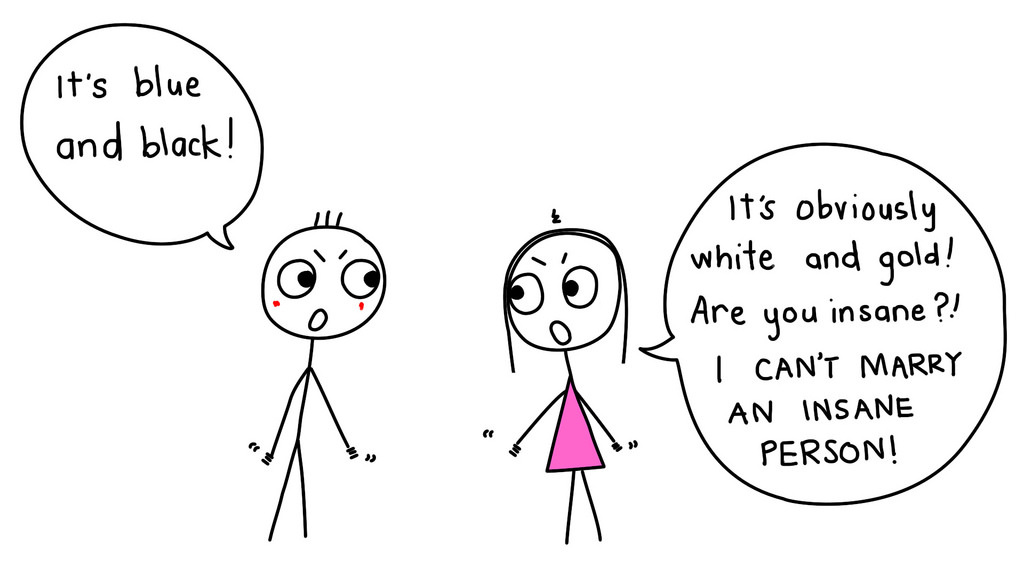|
John Gottman, marital therapist and researcher, identified four patterns of communication that are most disruptive in intimate relationships, so disruptive in fact, that they are predictors of divorce in married couples. I've found that describing these patterns to couples in counseling has been helpful in resolving communication problems. Gottman wrote about them in his book called The Marriage Clinic, calling them the "Four Horseman of the Apocalypse." (I'm on the fence about that name, but it is kind of amusing and easy to remember.) Here's a summary:
So what to do when you see the four horseman appear in your relationship?
Most importantly, know that a healthy relationship is not devoid of these negative patterns of communication. All relationships struggle. The goal is not to avoid having problems in your relationship, but rather to focus on healthy repairs when ruptures occur. Healthy repairs include recognizing when you are criticizing, defending, stonewalling, or contemptuous. Talking through differences with willingness to have the difficult feelings that come along with them is a healthy step toward mutual understanding. A couples counselor can help guide these difficult conversations in a productive way, and provide the couple with the tools to accept difficult emotions. Counseling also provides neutral territory where everyone's points are equally valid and everyone has equal opportunity to express their needs. Flourish offers couples therapy to help identify these patterns in communication and improve them. |
AuthorKambria Kennedy-Dominguez, LPC-S |
Phone: 972.755.9120 | Fax: 214.723.5345
533 W. 12th Street Dallas, TX 75208
Privacy Policy Good Faith Estimate
©Flourish Counseling and Consultation PLLC 2024
533 W. 12th Street Dallas, TX 75208
Privacy Policy Good Faith Estimate
©Flourish Counseling and Consultation PLLC 2024


 RSS Feed
RSS Feed
